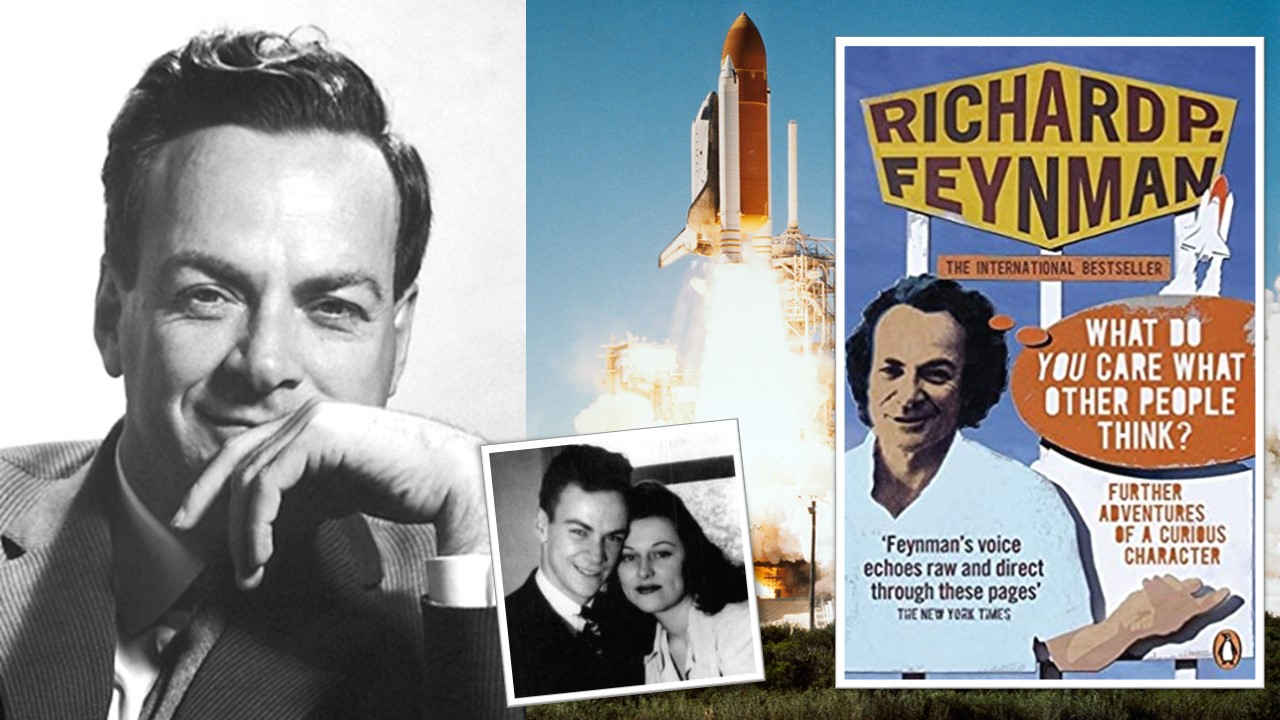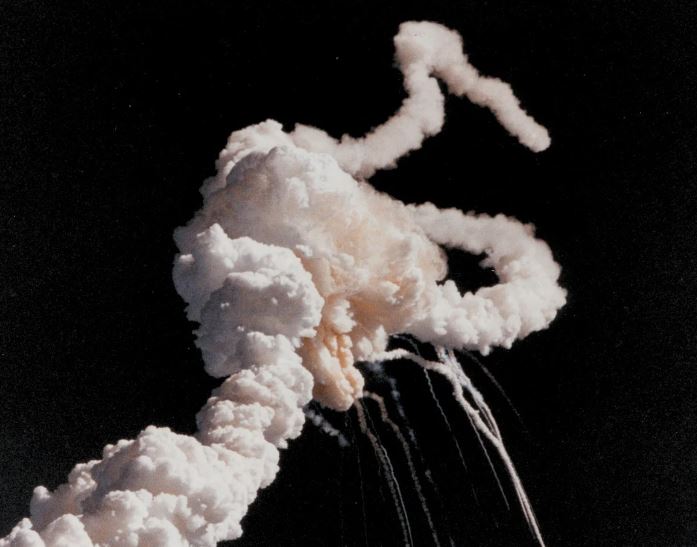
Anyone who wants to gain valuable insights on learning, teaching and investigating should pick up Feynman's last major work What do you care what other people think? that was prepared as Richard Feynman struggled with a rare form of cancer from which he died in 1988.
The title of the book is taken from a question which Arline Greenbaum, the love of Feynman's life, often put to him when he was preoccupied with the opinions of his colleagues about his work. Just like entrepreneur Steve Jobs famously said: Don't let the noise of others' opinions drown out your own inner voice.
Richard Feynman was a Nobel Prize winning American physicist whose life was a combination of his intellect, curiosity, humor and a willingness to jump into an adventure. What made Feynman the man that he was? What was the role of his parents in shaping his character? What of his love life?
All those personal details have been covered in the book, and more. There is a lengthy discussion as to how Feynman exposed NASA's poor organizational culture and decision-making processes that led to the Challenger disaster in 1986. Although technical in nature this part of the book is an interesting story in itself.
Feynman realized quickly that The Rogers Commission set up by the government was trying to protect NASA and not seek the real truth behind the fatal accident. During the investigation, Feynman's health worsens due to the cancer but he still manages to reveal the truth in a heroic fashion.
You should give it a read to know what caused the tragic disaster that cost 7 people their lives and a nation's people lose faith in their space program (for a while). Feynman's reveal forced NASA to set up the Office of Safety, Reliability and Quality Assurance to address safety concerns better.

Coming back to the less technical and more personal part of the book. Feynman talks about his childhood and relationship with his father. His dad Melville Feynman who never himself had the opportunity to make a career in science, encouraged both his son and daughter Joan (nine years younger than Richard) to take up science. She went on to become a distinguished astrophysicist herself.
This is the part that will inspire you the most. Feynman's dad taught him how to think (not what to think) and how to teach, something that you can take advantage of in your life. Feynman's mom Lucille gave him the unique sense of humor we love him for. One story goes like this: When Richard was named the smartest man in the world by Omni magazine, his mom quipped, 'If that is the world's smartest man God help us!'
Yet that is still not the best part of the book. The best part is when Richard starts talking about Arline. One of the greatest physicists of the 20th century could not control his tears upon reminiscing of the time he spent with the love of his life. He wrote in a letter to his deceased wife: 'You dead are so much better than anyone else alive'. Thus, it is not only a romantic tale but also of personal loss.
In summary, this is the book of learnings Feynman gained from his father, mother and lover. What self-help books cannot do this will as it feels more personal. Lastly, this is also a book on science. No matter the authority in question it is duty of a scientist to dig out the truth. What do you care what other people think? an attitude Feynman carries to his death and you should too in your adventures in life.







 Physics, astronomy and science history blog for students
Physics, astronomy and science history blog for students
Responsive Ad Slot